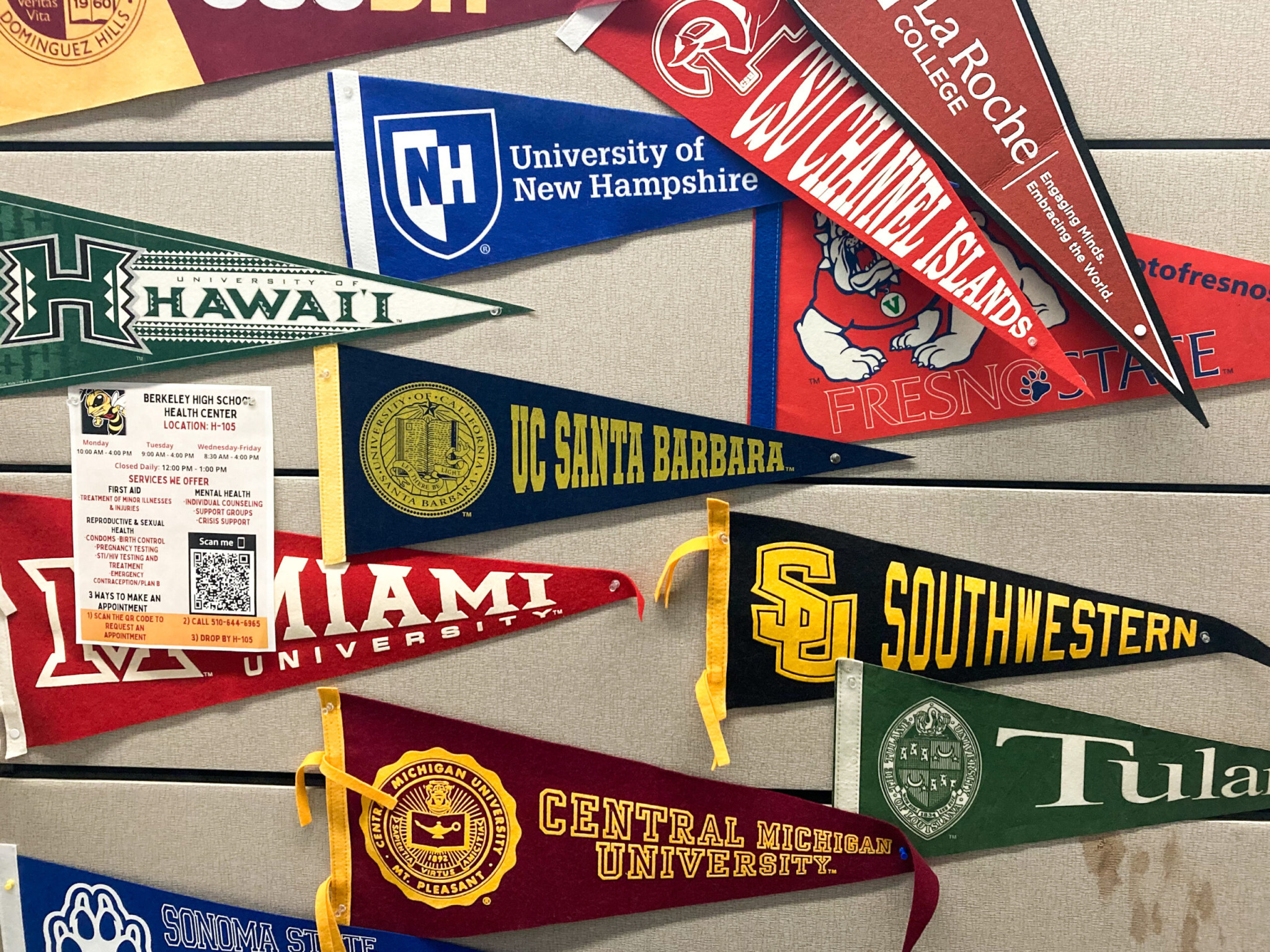The 2022 acceptance rate for University of California, Los Angeles was 8.6 percent. In 2021 it was 10.8 percent, and in 2020 was 14.4 percent. This downward trend is similar for most UC acceptance rates throughout the last couple of years. 11.4 percent, 14.5 percent, and 17.5 percent were the acceptance rates at UC Berkeley in 2022, 2021, and 2020, respectively. This decline in acceptance rates for most UC’s isn't happening for no reason.
Unlike UC Berkeley and UCLA, the acceptance rate at UC Riverside between 2021 and 2022 increased from 66 percent to 68.5 percent. Less students are applying to smaller, newer schools like UC Riverside, and started applying to bigger UC's. This makes the acceptance rates at the bigger schools decrease, and the acceptance rates at smaller schools increase. In general, more students are applying to UC's creating lower acceptance rates and a larger struggle for students to get into the school they want.
“You’re writing in a way that you’ve never been before, which is also probably the hardest part,” said Academic Choice senior Alana Lee when talking about her experience applying to UC's last fall. Lee didn’t find the application process the hardest part about applying to UC's, but rather the decisions. When applying to a UC, students are required to choose four of the eight topics provided and write an essay for each topic, each essay being a minimum of 350 words. These essays have to be some of the best writing from the student in order to attract the attention of the admission committee of the UC they applied to, who reads through thousands of applications sent in. Each student's writing has to be a needle in the haystack of applications to even be considered by the school. Applicants choose which of the 10 UC's they want to apply to and the same four essays are attached to the application for each UC. By the end of March, most UC decisions are out for students to see.
Although the application process for applying to UC's is daunting, many students still apply to UC's, but Lee expected this process. Lee, who applied to UC Santa Cruz, UC San Diego, UC Davis, UCLA, UC Irvine, and UC Santa Barbara, said, “I think the application process was about as hard as I expected it, just because I’ve heard from previous seniors about their experiences, but definitely the process itself,” she said.
Lee found that more students who applied to UC's this year got rejected from their top schools. She explained, “A lot of people who were extremely well qualified for the schools got rejected when they deserved to be accepted, but there’s just not enough space.”
From her friends and peers, Lee has noticed that more students than she expected got waitlisted from the UC's they applied to. Although she knew some students that got into their dream UC, there were an overwhelming number of students who got rejected from their top UC's. Especially for schools with low acceptance rates like UC Berkeley and UCLA, Lee knows very few students who got accepted to these schools.
However, Lee felt like there were a lot of students around her that felt pretty good about their UC decisions, but there were way more schools waitlisted students that she was surprised by. The options of students this year applying to many UC's has become smaller and smaller the more waitlists and rejections they get. This stresses out students even more about colleges, especially those who only or mostly applied to UC's expecting to get into more UC's they applied to.
Throughout the last couple of years it's clear that UC acceptance rates have decreased significantly. Students will still continue to apply to these schools this fall, and it is easy to predict that more students will continue to apply every year.





